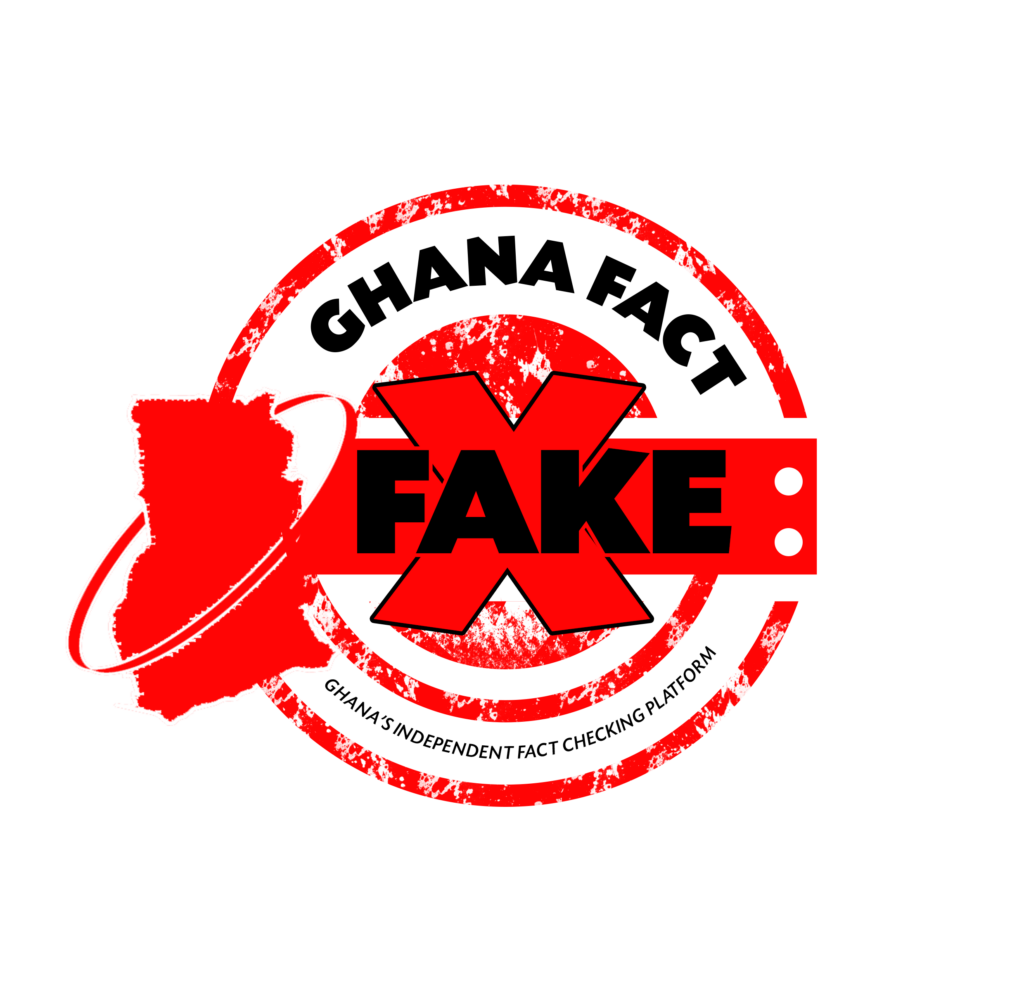On December 7, 2020, eligible voters will line up at the 33,367 polling centres dotted across all nooks and crannies of the country as Ghana enters another crucial electioneering period, to vote for their preferred presidential and parliamentary candidates.
In what is expected to be an obviously busy week of information explosion, accusations and counter-accusations, propaganda and unending political tactics at garnering votes, there is the need for online users to be careful about the kinds of information they consume.
For many, social media will be the go-to place for breaking news and monitoring happenings around the country.
Here are seven ways of identifying misinformation/disinformation/fake news if any appears on your timeline:
- Read beyond the headline
- Be critical about any information while being conscious about your biases
- How credible is the publisher(s)
- Look closely at the date of publication, in case the text is being misrepresented
- If it is published by a social media handle, check if it is verified
- Crosscheck any information with trustworthy media houses
- Do not take images and videos on face value
Meanwhile, you can also contact GhanaFact to verify any information you are confused or suspicious about. Ghana’s independent, non-partisan fact-checking platform is determined to ensure that through our fact-checking and news verification efforts, we tackle the weaponization of misinformation and provide citizens with verified information.
By: Etsey Atisu





